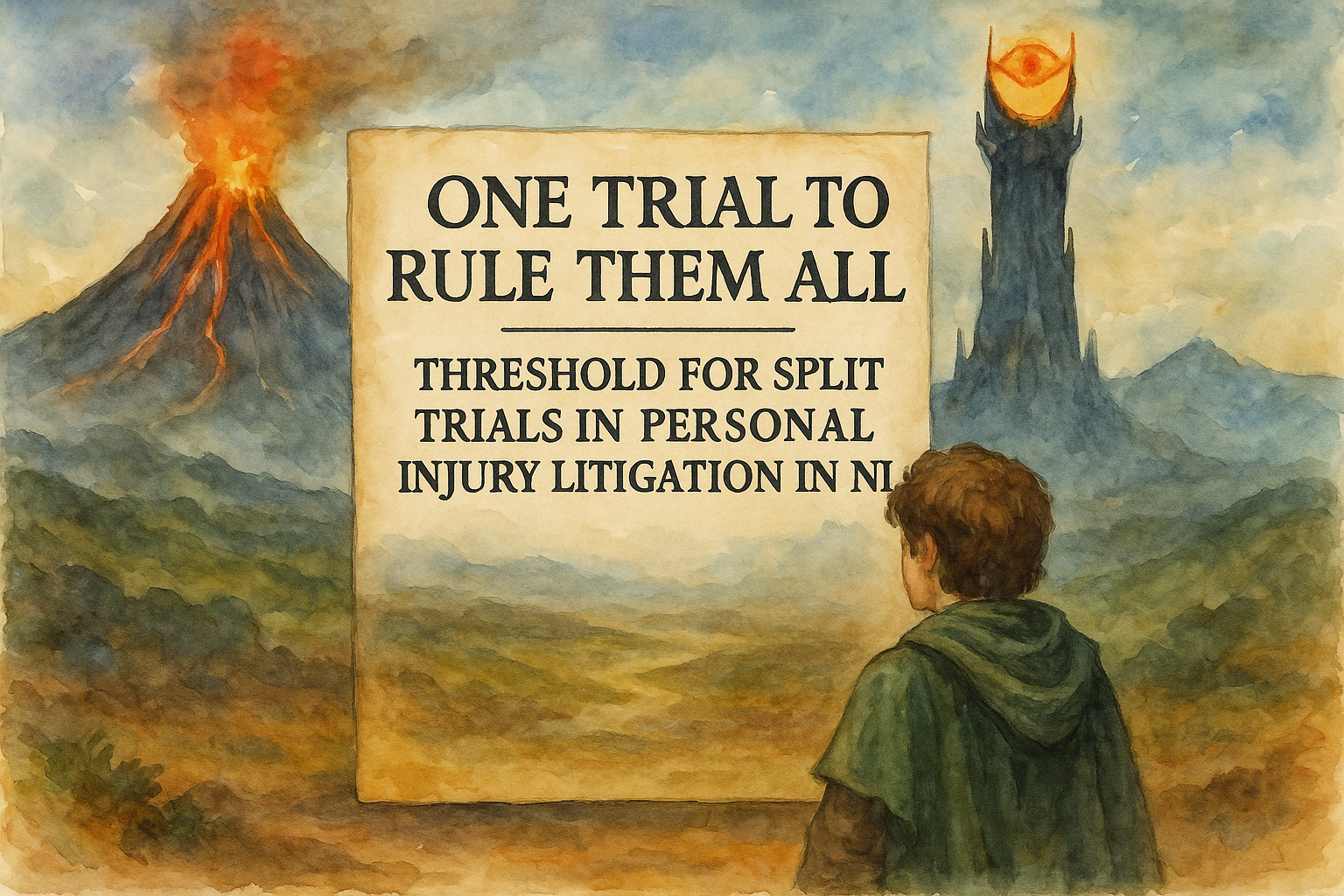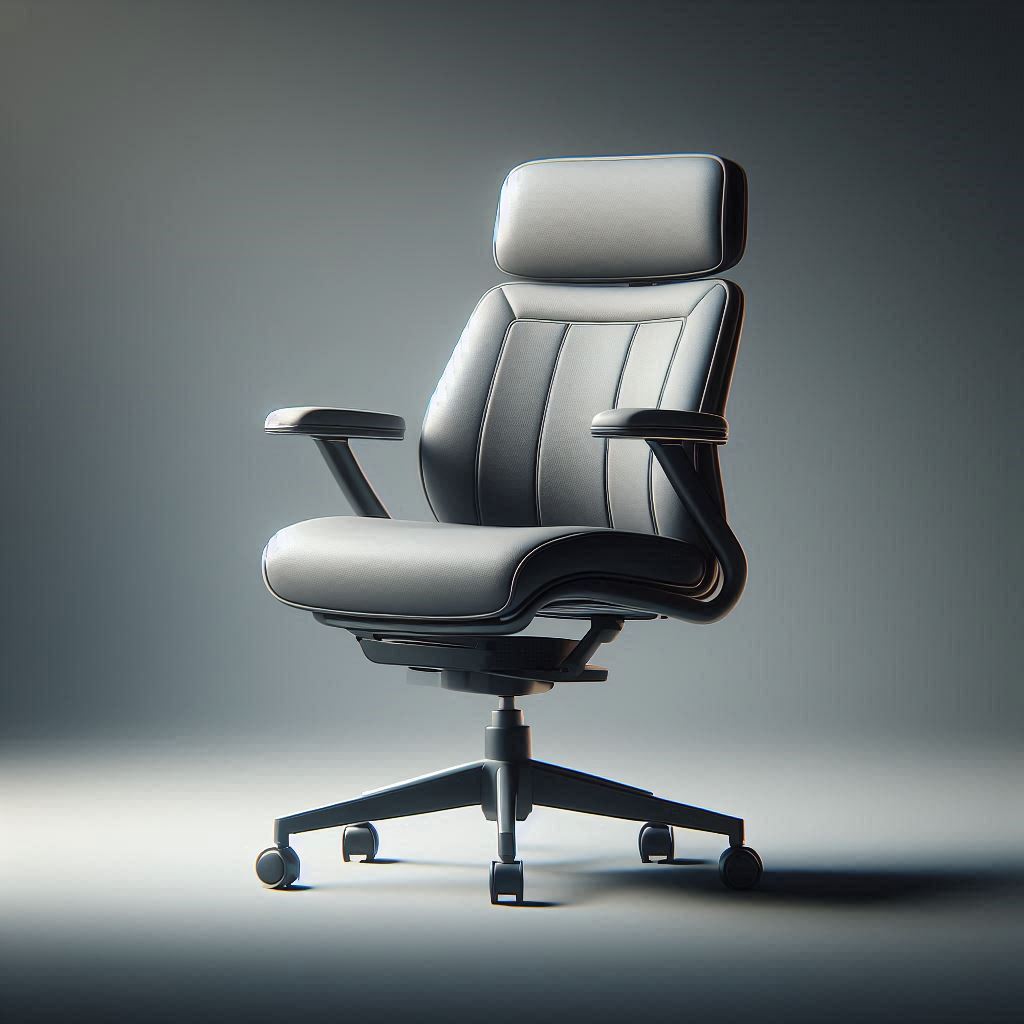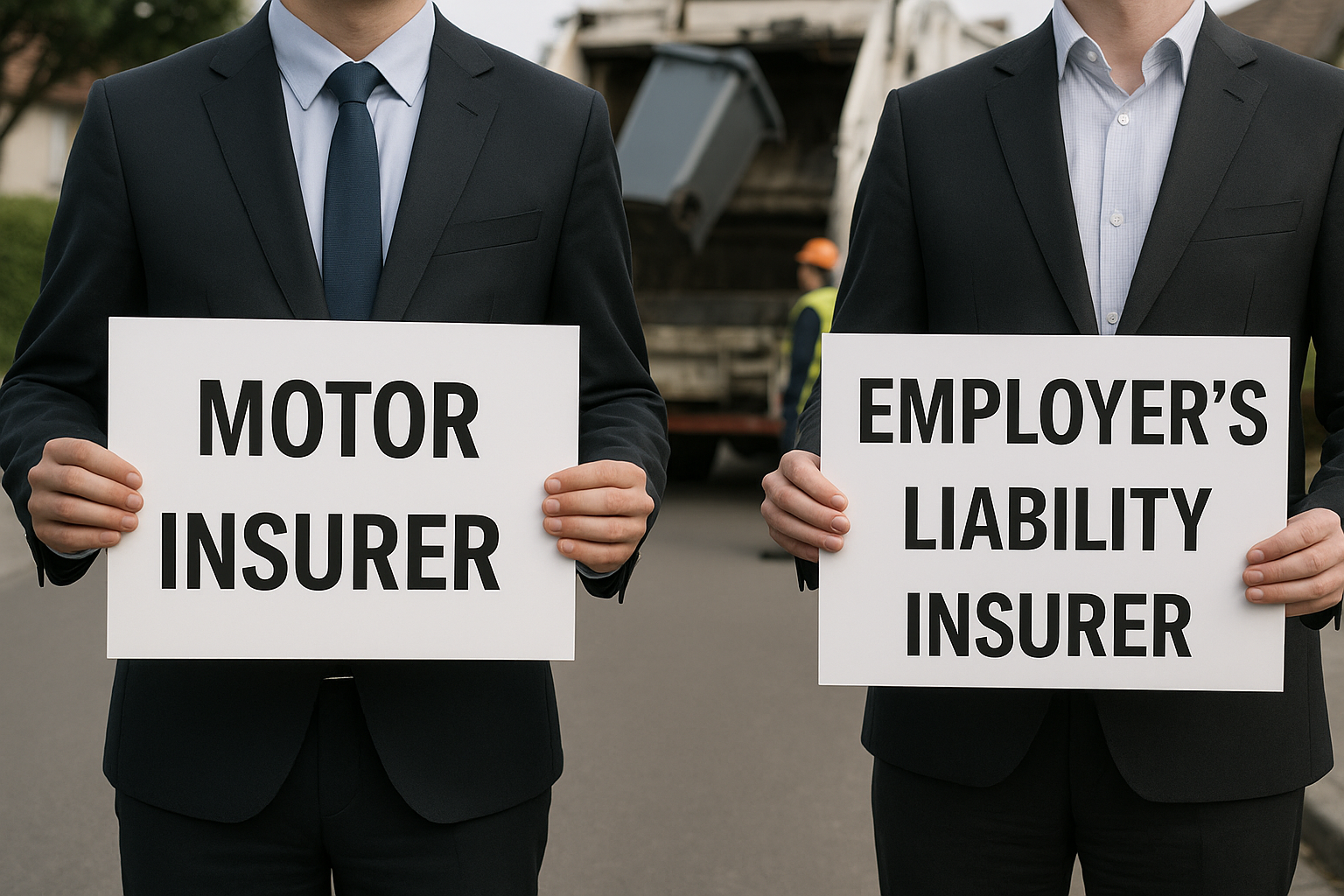Some workplace accidents are just that – accidents. Not every mishap at work is a legal wrong, and the High Court in Ireland has made that distinction very clear in a recent case involving a stable hand, a wheelbarrow, and a claim that didn’t make it out of the starting gate.
In Lawless v. Keatley [2025] IEHC 364, Mr. Justice Twomey dismissed a personal injury claim brought by Mark Lawless, a former stable hand, who said he injured his back while emptying a wheelbarrow of soiled hay at a horse training yard.
So, what was the problem? The Court found the incident was no more than “an unfortunate everyday mishap” – the kind of thing that could just as easily happen in someone’s back garden as on an employer’s premises.
“If it had happened at home…”
This is the exact comparison Mr. Justice Twomey used to open his judgment, setting the tone for the judgment that followed:
“If this incident had occurred in Mr. Lawless’ home/garden, it would be regarded as an unfortunate everyday mishap or an accident… where no one was to blame.”
It is a powerful means to illustrate the issue; just because something happens at work doesn’t automatically mean someone must be held legally responsible, particularly not the employer or their insurer.
Common Sense Prevails in Workplace Accident Claims
Mr. Lawless claimed the injury happened while he was tipping a heavy wheelbarrow on an incline of hay and dung. The Court was not convinced – both in relation to how the injury happened, and also the need for engineering experts to weigh in on something so straightforward.
“A court does not require an engineer to tell it that one should empty a wheelbarrow on the flat… this is basic common sense.”
The Court referred to a similar case, Nemeth v. Topaz Energy Group Ltd, where a woman claimed she injured her knee while bending down at work. That claim was also dismissed, with the Court noting that some things, such as bending down or emptying a wheelbarrow, are so commonplace that they do not need expert analysis.
“An Employer is not an Insurer of an Employee”
It is a blunt but important reminder.
In other words, just because an employer has insurance doesn’t mean they are automatically liable for every accident that happens on their premises. What matters is whether there was negligence. As the judge put it:
“To put it another way, the presence (or indeed absence) of insurance has absolutely no relevance to the key issue in personal injuries cases. An unfortunate everyday mishap does not become someone’s fault because it happens on the premises of an employer with insurance (or on the premises of a person with means). The test remains has the employer failed to exercise reasonable care? This is the key principle to be taken from the Nemeth case for all businesses, but particularly small businesses, like the individual horserace trainer in this case (who was operating personally and not through a company), when faced with claims for unfortunate everyday mishaps from employees (or indeed members of the public that happen to occur on their premises.”
The finer details are key – Especially in Pleadings
One issue that seriously undermined Mr. Lawless’ case was how it was Pleaded. His claim about tipping the wheelbarrow on an incline in an unusual manner wasn’t even mentioned in the original court documents. It only showed up years later – after his engineer weighed in.
Under Ireland’s Civil Liability and Courts Act 2004, Plaintiffs are required to plead their cases clearly and in detail. All Defendants are entitled to know the case which was being made against them and in this case they were not provided with sufficient precision in the pleadings regarding the case they had to answer. That didn’t happen here, and it was one of the main reasons the Court gave for dismissing the claim.
Personal Responsibility
Even if the incident happened the way Mr. Lawless later claimed, the Court found he could have avoided it. He had options: ask for the area to be cleared, or level the surface himself. Instead, he chose what the judge called a “most unorthodox manoeuvre.”
“This is not an unsafe system of work, but rather an employee who has no regard for his own safety.”
Conclusion for Workplace Accident Claims in Ireland
This case is a reminder that common sense is key and not all workplace injuries automatically justify compensation. Often sited by Plaintiff lawyers is the mantra, “one should not go to work and return home with an injury” as a justification for a claim for damages.
This case is a reminder to all that negligence must be proven, pleadings must be specific and common sense will prevail.
In what is undoubtedly a win for insurers dealing with workplace accident claims in Ireland, Justice Twomey concludes;
“The fact that the employer, or owner of the premises, had the foresight to take out insurance has no bearing on the legal treatment of the accident and that person is not held to be at fault for an unfortunate everyday mishap that could just as easily happen in the home as on his/her premises.”
Lacey Solicitors – Insurance Lawyers Dublin & Belfast
For employers, particularly in high-risk sectors like agriculture, equine, construction, or hospitality, this decision offers reassurance—but also a crucial takeaway: the need to maintain reasonable systems of work and detailed records, and to ensure all health and safety practices are both proportionate and practical. Ultimately, an employer is not an insurer of their employee, and a compensation claim will only succeed if there is a proven breach of duty.
At Lacey Solicitors, we provide comprehensive Employer’s Liability training sessions, designed specifically for claims handlers, insurance professionals, and in-house legal teams. These sessions focus on the evolving legal standards and procedural nuances of employer liability claims across both Northern Ireland and the Republic of Ireland, ensuring your team is fully up to date with:
-
Recent High Court and Court of Appeal decisions dealing with Workplace accident claims in Ireland
-
Key case law, including the application of common sense tests in personal injury cases
-
Best practices in pleadings, disclosure, and expert evidence
-
The impact of procedural legislation, including the Civil Liability and Courts Act 2004
-
Strategies for defending speculative or poorly-pleaded claims
As an all-island insurance law firm, Lacey Solicitors has deep, practical experience in navigating claims and regulatory differences between jurisdictions. Whether your organisation is operating in Belfast, Cork, Dublin, or Derry, we understand the legal and commercial realities faced by insurers and employers alike.
Our training is interactive, practical, and completely tailored to your team—whether you prefer in-person sessions, online workshops, or bespoke legal briefings for senior management.
To discuss how Lacey Solicitors can support your claims strategy or arrange a tailored Employer’s Liability training session, please get in touch via the Contact Us section of our website.

















